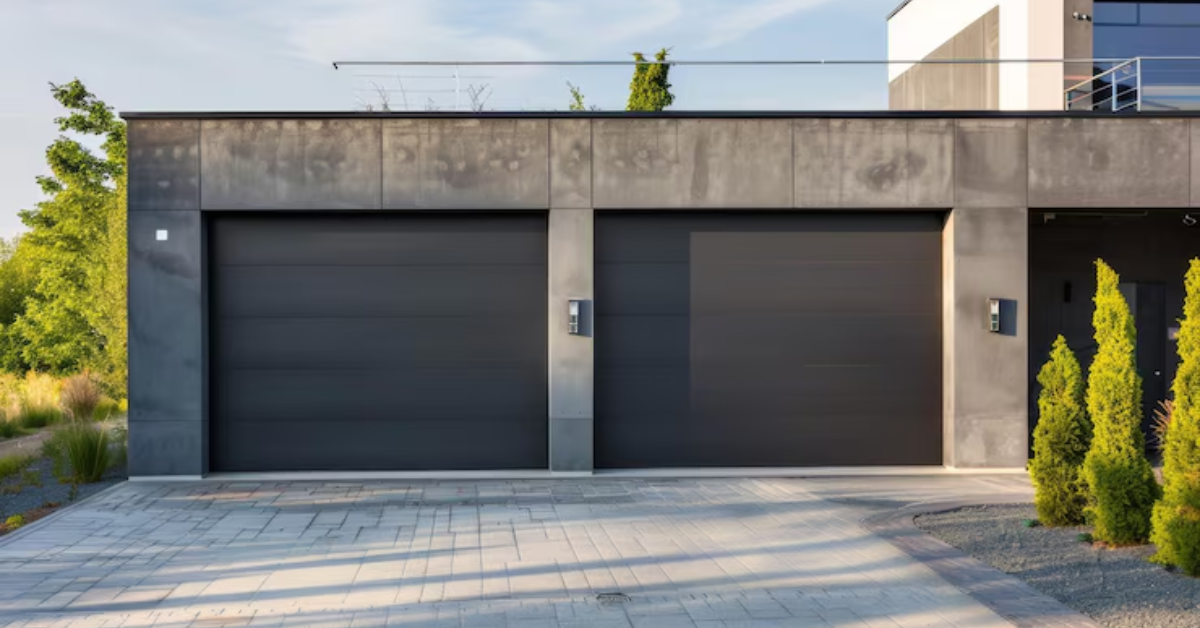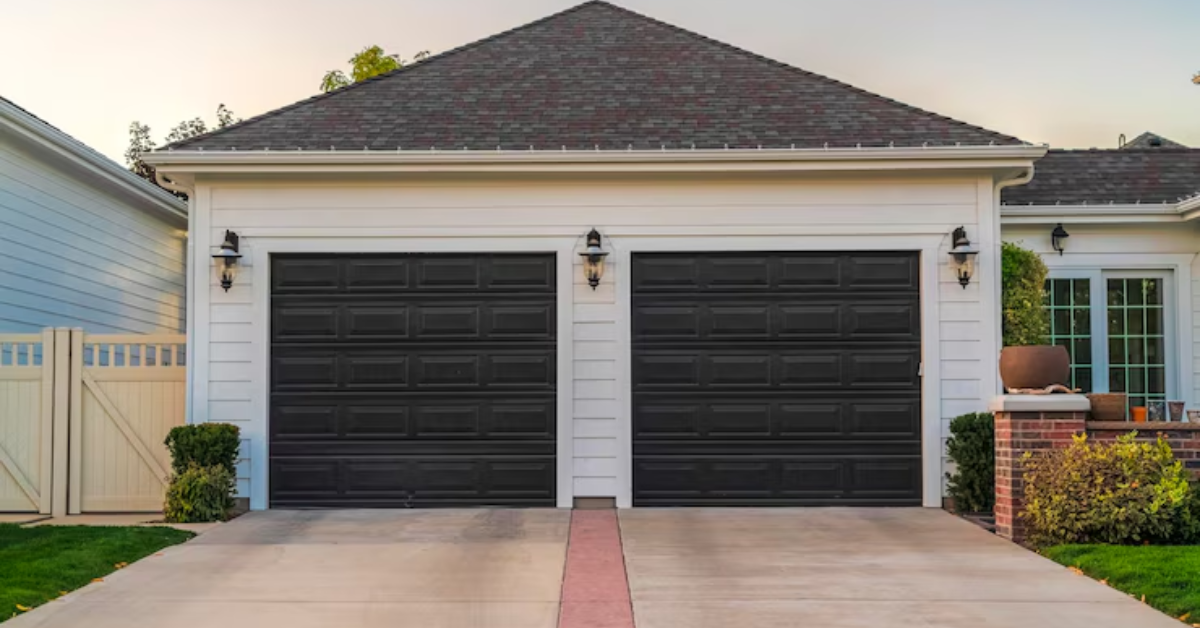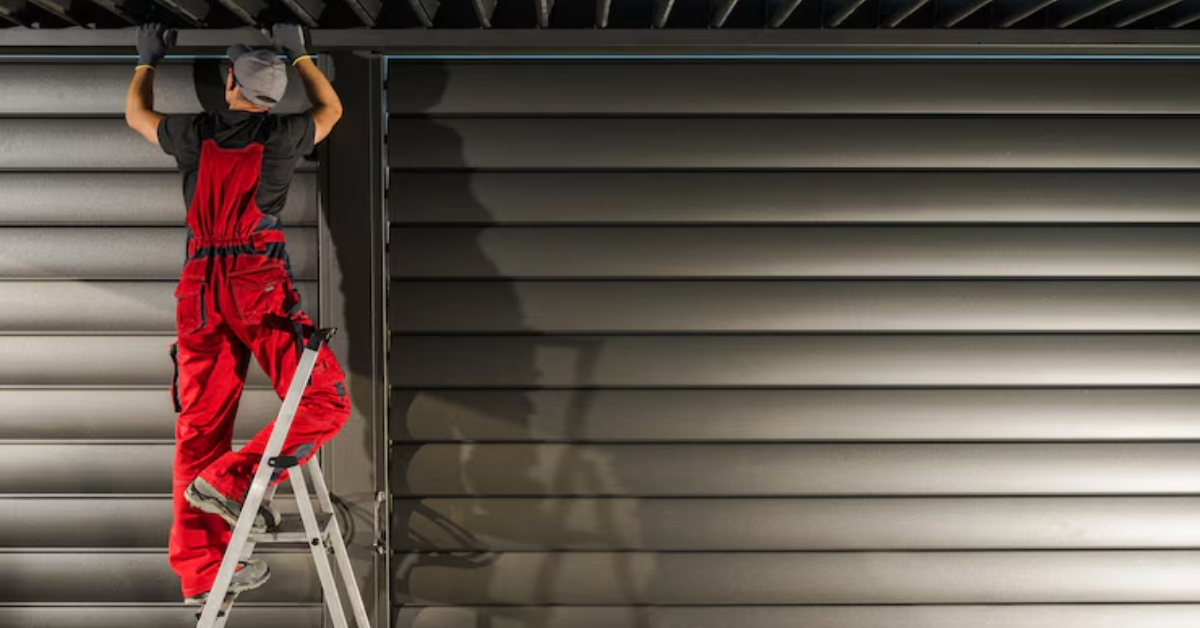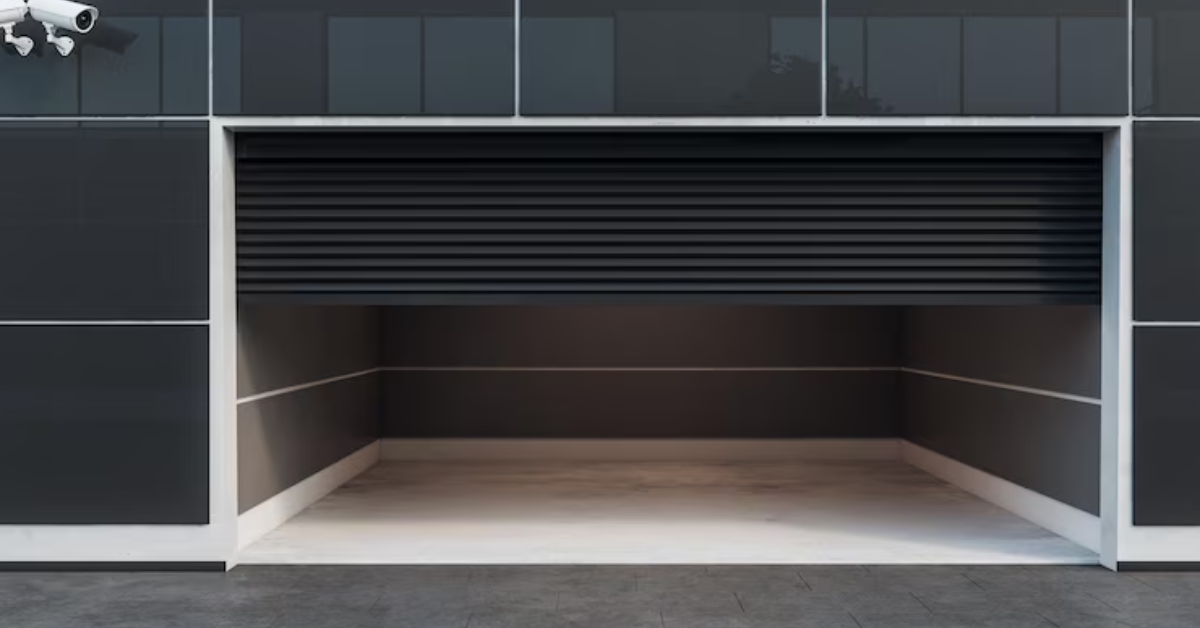Everything You Need to Know About Summer Storms & Automatic Garage Doors
Summer storms can be unpredictable and often intense, bringing with them heavy rain, strong winds, lightning, and even hail. While these storms can cause various problems around your home, one area that homeowners often overlook is their automatic garage doors. Your garage door is not just a convenience but also an essential barrier that protects your home from external elements. Maintaining the functionality and ensuring the safety of your home requires an understanding of how summer storms can affect your automatic garage door.
How Summer Storms Affect Automatic Garage Doors
Automatic garage doors are designed to be durable, but summer storms can pose challenges. High winds, lightning strikes, and power surges are the most common threats. Strong winds can physically damage the door or cause the track to misalign. Water damage is also a concern, especially if your garage is not properly sealed, which can affect the door’s motor and electronics.
Also, power surges from lightning strikes can fry the electronic components of your garage door opener, leaving you without the ability to operate it automatically. A non-functioning garage door during a storm can be problematic, especially when you need quick access to your home or need to secure your belongings.
Preparing Your Garage Door for Summer Storms
Proper preparation can help minimize the risk of damage to your automatic garage door during summer storms. Here are some preventive measures to take:
- Install surge protection: One of the most effective ways to protect your garage door from lightning strikes and power surges is by installing a surge protector. This simple device can help prevent electrical damage to your opener’s motor and control panel.
- Check seals and weather stripping: Ensure that your garage door has proper seals and weather stripping to keep out water. This can prevent water from getting into the mechanical parts of the door and causing rust or electrical issues.
- Inspect the door’s condition: Regularly inspect the condition of your garage door for any signs of wear, especially before storm season begins. Look for rust, dents, or other issues that could worsen during severe weather.
- Reinforce the garage door: In areas prone to hurricanes or strong storms, consider reinforcing your garage door with a bracing kit. Reinforcement can prevent the door from buckling under extreme pressure, protecting both the garage and the structure of your home.
What to Do During a Power Outage
One of the most common issues during summer storms is power outages, which can disable your automatic garage door opener. Knowing how to manually operate your garage door is essential when the power goes out.
- Use the emergency release cord: Every automatic garage door has an emergency release cord, usually a red handle that hangs from the track. Pulling this cord disengages the motor from the door, allowing you to open it manually. Make sure you’re familiar with this feature so you can easily access your garage if a storm knocks out the power.
- Install a battery backup system: Many modern garage door openers come with the option of a battery backup system. This feature allows you to operate your garage door even when the power is out. Installing a battery backup ensures your door remains functional in any storm.
Protecting Your Garage Door From Wind Damage
Wind is one of the most damaging elements of a summer storm, especially for larger surface areas like a garage door. A wind-resistant garage door can make all the difference in keeping your home safe during severe weather.
- Invest in a wind-rated garage door: In areas where high winds are common, you can invest in a wind-rated or hurricane-rated garage door. These doors are specifically designed to withstand intense pressure and minimize the risk of being blown in or damaged during storms.
- Secure the garage door track: Ensure that the track and other hardware are securely fastened to prevent them from being jarred loose by strong winds. Loose tracks can cause the door to jam or fall off entirely, leaving your garage exposed to the elements.
Post-Storm Garage Door Inspection
After a storm, it’s essential to inspect your garage door for any signs of damage. Even if the door seems to be functioning correctly, hidden damage can worsen over time.
- Check for water damage: Water can seep into the door's components and cause rust or electrical issues over time. Inspect the seals, tracks, and motor for any signs of water intrusion.
- Inspect the door's balance and alignment: If your garage door has become misaligned or unbalanced during the storm, it may not open or close properly. This can lead to safety hazards and further damage to the door.
- Test the opener: Ensure that your automatic garage door opener is still functioning properly after a storm. If you notice any issues with responsiveness, it may be a sign that the motor or sensors have been damaged.
Conclusion
Summer storms can cause significant damage to your automatic garage door if you’re not prepared. Understanding how these storms affect your garage door and taking preventive measures—like installing surge protection, reinforcing the door, and learning how to operate it manually—can help ensure that your garage remains secure and functional. Regular inspection and maintenance before and after storm season can also prolong the life of your garage door and protect your home from further damage. Taking the right steps now can save you both time and money in the long run, making sure that your garage door stands strong through every summer storm.




